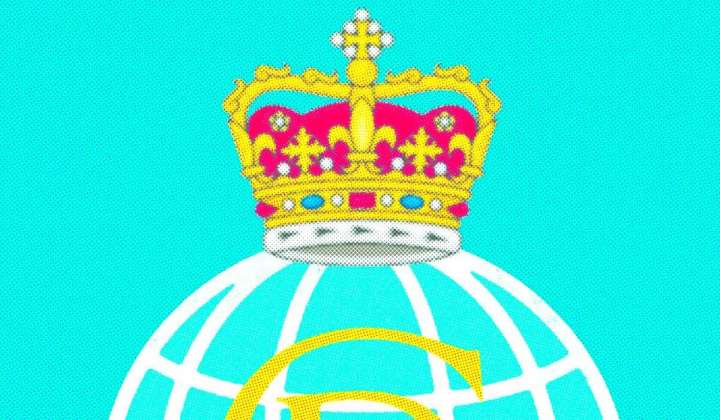British monarchy is outside of government in a way not even the American judiciary is

OPINION:
A dozen score and seven years ago, revolutionaries met in Independence Hall in Philadelphia to sever ties with the British crown. No more was a crowned head to rule over America. A declaration stated that the King was a tyrant and that tyranny was to go. No royal family. No nobility. A republic came to be.
Loyalists, fearing popular government, supported the crown.
The Founding Fathers were well schooled in Greek and Roman antiquity. Socrates was sentenced to death for opposing Athenian democracy, referring in his defense speech to the dramatist Aristophanes. Aristophanes of Athens wrote the comedy “Assemblywomen,” in which wives dress up as men in their husbands’ clothes and take over the popular assembly of Athens. They collectivize everything. The play portrays servility toward the laws passed by the popular assembly.
Aristophanes was prophetic. We know so well how people nowadays bow down to edicts of democratic authorities merely because they are the will of the majority.
The American Framers knew very well the vices of democracy, known among philosophers and political thinkers since antiquity. They established no direct democracy unsuitable for any area much larger than a city-state, but they also put limits on government reach.
A well-known critique of democracy is that it is inefficient, as many people take part in the decision-making, a main reason that pure direct democracy is suitable only for small city-states. About half a century into the life of the American republic, the French nobleman Alexis de Tocqueville came to America, and he observed the democratic culture that by then had developed.
Like Aristophanes, Tocqueville was prophetic. He tells us that democracy is not weak, as many of his contemporaries and forerunners have maintained, but that it is indeed a strong form of government, exactly because its power basis is the whole people. Several thinkers have since confirmed this concept. We lower our guard against the government because we feel it is less necessary when “we are the government.”
The Austrian economist F.A. von Hayek had such thoughts. In the essay “Why I Am Not a Conservative,” he tells us that unlimited government came about because checks on power was seen as unnecessary when the government is controlled by all the people.
Even Montesquieu, the father of modern checks and balances, noted that in democracies, the power of the people is confused with their liberty.
In the spirit of the Churchill dictum that democracy is the least bad of all tried forms of government, the recently crowned British king is all but a rubber stamp. The representative democracy of Westminster and the sovereignty of Parliament is to secure liberty. King Charles III is not, as they say, above politics, but beyond.
The powerlessness of the throne has made the politicos in Parliament and its executive committee, the Cabinet, all but absolute in their power. They may get kicked out in the next election, but that merely replaces the gang in power, having the same nearly absolute power. This has prompted Bill Emmott, former editor-in-chief of The Economist, to advocate abolishing the monarchy in favor of a new system of checks and balances. It might be a bit naive to believe that politicos will put in place effective checks on their own power.
The days when Franz Joseph of Austria-Hungary told a European-touring Nobel Peace laureate Theodore Roosevelt that the point of monarchy was for the monarch to protect his people against their government may be long gone. But as Canadian psychologist Jordan Peterson said on the day of Queen Elizabeth II’s death, it may be good psychologically to have a system where the prime minister — who probably has monarchical ambitions — has to go to this monarch regularly and confess, and even be intimidated. If it is to change, we might need more of it, not less.
The United States may have its checks and balances, which at least in theory are to limit government. Government reach grows nonetheless, and all branches of government are controlled by the political parties, even in a sense the judicial one. It is far beyond that of the government of King George III. Sadly, Tocqueville’s prophecy has come true, even for America.
The monarchy is outside of politics in a way that not even the American judiciary is. The monarchy may limit the ambitions of politicians.
That is cause for celebration in this season of a coronation, the late queen’s 70th coronation anniversary, and the new king’s first official birthday.
• J.K. Baltzersen is a Norwegian author and political commentator. He has edited and co-written a book on constitution, democracy and liberty.






